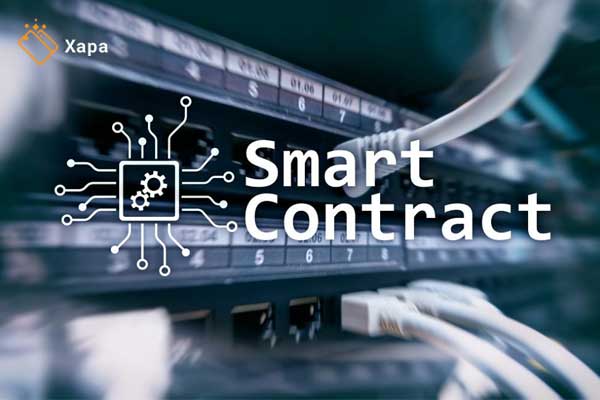
A taxi will take you to a gas station and pay for the fuel from the money you received from previous passengers.
It will then take you to your destination, and your fare will be delivered from your e-wallet. It also automatically pays for its owner’s annual insurance and monthly debt when a taxi arrives at your destination. After unloading you, it goes to a repair shop to repair any defects.
You might think these are scenes from a science fiction movie, but this is the future of the world; Smart contracts Ethereum can build the end of the world.
What is a Smart Contract?
Simply put, a types of smart contracts is a programming code that is implemented on a blockchain to execute specific commands given by a programmer if a series of conditions occur. Smart contracts examples are a very revolutionary innovation that eliminates the need for us to trust others. To better understand a smart contracts platforms, we must first know what a regular contract is.
What is a Regular Contract?
A regular contract is an agreement between two or more people that commits them to something in the future. For example, Michael pays Alex a monthly fee for using the house, also known as a “lease.” Or Robin guarantees that in exchange for a sum of money, he will pay the possible damages of Saeed’s car in accidents, also called “insurance contract.”
Computer codes are also a kind of contract. For example, when you buy a file from the Internet, there are codes behind the scenes defined for them: If the user paid and the amount was enough, show him the link to download the file; otherwise, display an error message.
We need intermediaries to how are smart contracts executed that we have to trust. These intermediaries can be centralized computer servers or banks and governments.
The Difference Between a Smart Contract and a Regular Contract
What makes a smart contracts different from a regular contract is blockchain technology, which eliminates the need for us to trust intermediaries. In other words, a smart contract examples is a code that is activated on the blockchain to check and execute the terms of an agreement between the two parties without the need for intermediaries.
Once a smart contract is executed on a free blockchain like Ethereum, it can no longer be stopped, and no one can stop it. With smart contracts, you can create programs and projects that will continue to work forever without intermediaries and disabilities. These programs are also called Dapp programs. Even the smart contract developer himself cannot change the smart contract code registered in the blockchain.
The way smart contracts work is similar to that of vending machines on the subway and in public facilities. When you plan to buy a drink using these devices, you deposit money into the machine, and the machine automatically processes your money and delivers the glass without the need for an intermediary.

What is Smart Contracts
How does a Smart Contract Work?
As we have said, the smart contracts is implemented on the blockchain, and the main feature of the blockchain is that it is distributed. Aside from complex technical processes, when a smart contract examples is signed on a blockchain, it is shared among all members of the blockchain or nodes, and everyone will have a copy of it, so it is almost possible to prevent or manipulate it. Not because all members of the blockchain run it, not one or more centralized servers and entities.
Implement Smart Contract
The smart contracts code is written to the blockchain as a transaction after being written by the programmer through a client (the official software connecting you directly to the blockchain). Smart contract are written in one or more programming languages—for example, the programming language of Ethereum Smart contracts examples in Solidity. So to learn how to write a smart contract for the Ethereum blockchain, you need to understand the Solidity programming language.
Execution of a Smart Contracts
To interact with the registered contract, this must also be done with the transaction. Of course, if you only need to check the status of the smart contracts, there is no need for a transaction. A transaction is made to the contract as input. The nodes then execute the contract using their Ethereum Virtual Machine (EVM) and the received input. Ethereum Virtual Machine is a virtual space for executing contracts. If the contract fee is sufficient, the transaction will be approved.
You may be a little confused about how smart contracts work, but this is normal because the process of enforcing these contracts has a lot of technical complexity. As a typical application, you do not need to know precisely how they work to use types of smart contracts, just as you do not need to know precisely how the Internet works to use the Internet.
What do we Need to Create a Smart Contracts?
In general, to create a smart contract, in addition to the above, you need the following:
The Subject of Contract and Access
The program must have access to the product or service under the contract to control them in the supply or purchase process automatically. For example, if the contract is to deliver a file if it receives money, it must have access to it.
Terms of the Contract
The terms of the smart contracts are precisely the sequence of operations that, if the conditions occur, lead to the execution of the contract. These conditions must be specified by programming. All participants must sign these terms.
Oracle
Oracle is something that provides external information to the contractor to process the contract. For example, if Oracle reviews the meteorological information contract, it could be a meteorological site.
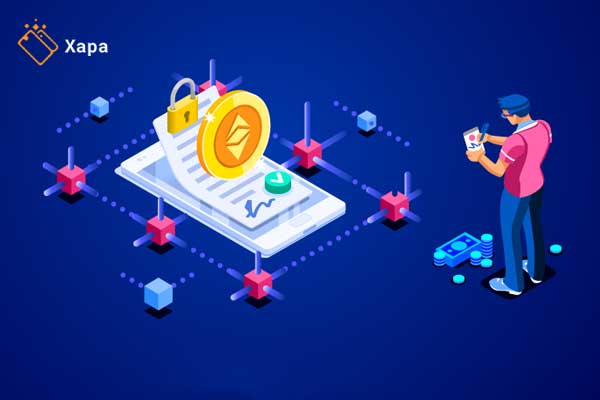
Execution of a Smart Contracts
Exclusive Platform
The smart contracts is issued to the blockchain of a specific platform and distributed among the nodes of the target platform. It would help if you also had an official client software connecting directly to the blockchain to sign a contract. Ethereum is currently the most popular platform for executing smart contract.
Applying Smart Contracts in Real Life
Thousands of unique ideas can be implemented with real world examples of smart contracts. Smart contracts can be effective in any process we want to eliminate the need for trust. Some of the most important ones that have been implemented so far are:
Election
Voting results will be placed in the blockchain and distributed among network nodes. All data is transparent, encrypted, and anonymous. This method prevents any manipulation or fraud in the elections.
Management
Like robots, intelligent contracts can execute routine processes accurately. For example, you can set up a payroll contract for business hours that do not require you to trust accountants.
Intellectual Property
After publishing on the Internet, a work, especially a file type (music, photo, movie, etc.) after posting on the Internet, is at high risk of copyright infringement, which causes great harm to the owner of the work. Using smart contracts explained, you can set specific conditions for using a file, such as paying with a particular token. Many projects are working for this purpose today.
Insurance
With smart contracts, the need for intermediaries in traditional insurance systems can be eliminated. Automatic payment of damages, receipt of premiums, and insurance renewal with smart contract are what insurance companies are working on. Smart contract can also be used in banking, transportation, tracking, and the Internet of Things.
Problems with Smart Contracts
Despite the tremendous benefits of being revolutionary, smart contracts are not yet complete and cannot be used extensively at this time. The biggest problems that smart contract are currently struggling with are:
The Human Factor
The programmers write the programmers’ code, so there is a possibility of an error or bug in the contract code. If the smart contracts explained is registered in the blockchain, it can no longer be changed, and therefore the bug cannot be fixed.
An example is the DAO project in Ethereum. A security flaw in the DAO contract code led to more than $ 50 million being stolen from Ethereum, forcing developers to perform hard forks to recoup their investments, resulting in a new Ethereum called the Old Ethereum called the Classic Ethereum.
The Problem of Oracles
As we said, Oracle is something that provides external data for the contract to process. Suppose Michael and Alex bet on the weather tomorrow in London. Alex says it will be rainy tomorrow, and Michael thinks it will be sunny tomorrow. The two need something to judge between them and declare whichever one they predicted correctly. Michael and Alex can use a smart contracts Ethereum to check the weather information from the official meteorological site and implement the following provisions:
If the weather in London was rainy, then: Alex wins.
If the weather in London was sunny, then: Michael is the winner. The official meteorological site here is Oracle. This site is centralized, and you can mislead the smart contracts by hacking or changing the weather information on this site. Oracles challenge the lack of need for trust in smart contract.
Legal Status
At present, smart contracts Ethereum are not recognized by governments. So if government agencies decide to create a legal framework for smart contract, new issues will arise. Governments do not currently accept ownership of a smart home.
Implementation Costs
Smart contracts examples are not enforceable without programming. You need to have one or more skilled programmers to handle smart contract well. Of course, there are services for creating smart contract by ordinary users, and users will be able to set up some of their smart contract with a few clicks. However, these services cannot design complex contracts.
Conclusion
Utilizing the benefits of types of smart contracts is not limited to small agreements, but governments and large corporations can also reap the many benefits. These contracts allow traders and buyers to track their purchases in the supply chain, which in turn increases trust in the work cycle. In addition, smart contracts save costs and time by eliminating the need for intermediaries and simplifying transactions by automating the process.
Basically, smart contracts are just a small part of the wonders of cryptocurrencies. So if you are interested in learning more about this field and its mysteries, we suggest also reading article Who is Satoshi Nakamoto?


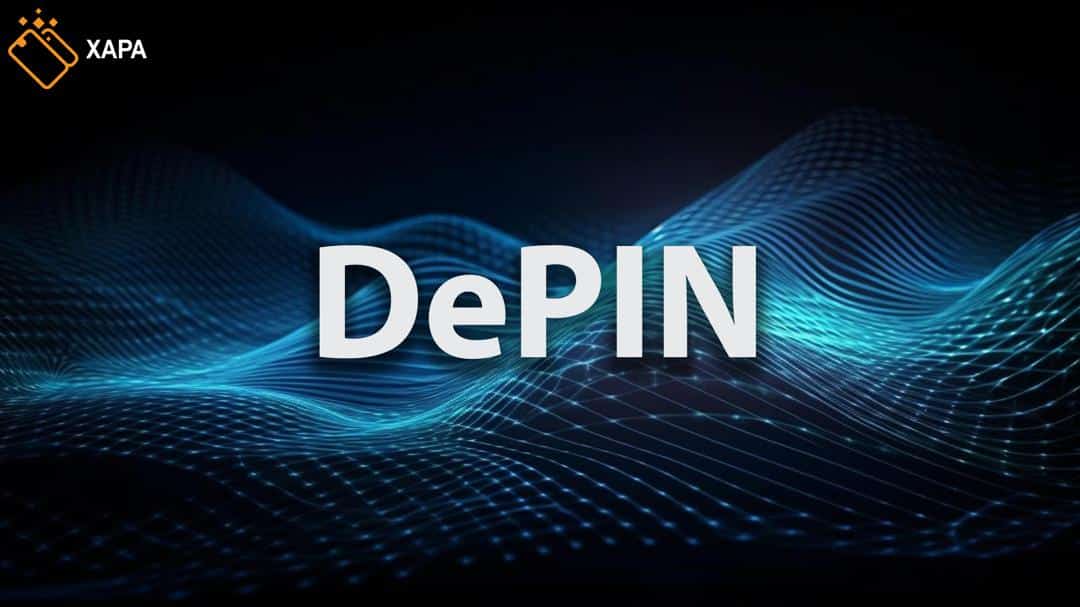
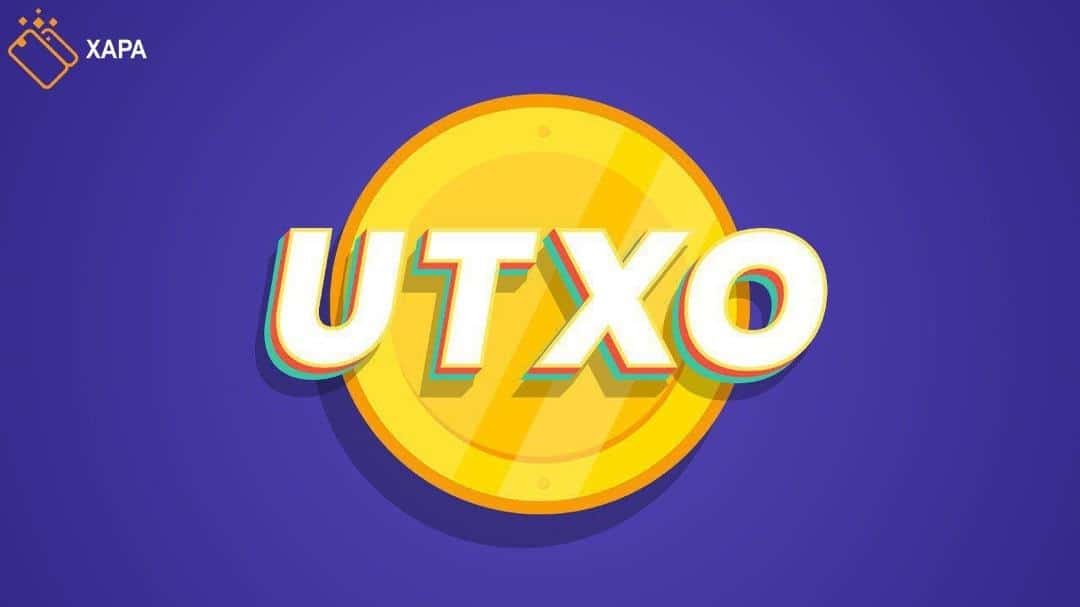
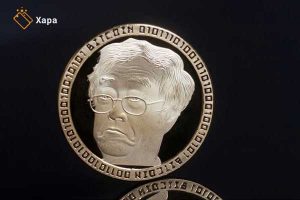
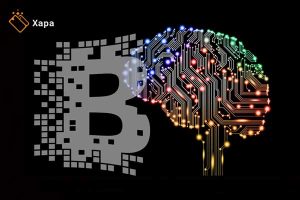
ücretsiz binance hesabi
Thanks for sharing. I read many of your blog posts, cool, your blog is very good.
binance
Your article helped me a lot, is there any more related content? Thanks!
binance
Your article helped me a lot, is there any more related content? Thanks! https://www.binance.info/en/register-person?ref=JHQQKNKN
gratis binance-konto
I don’t think the title of your article matches the content lol. Just kidding, mainly because I had some doubts after reading the article.
Kode Binance
Can you be more specific about the content of your article? After reading it, I still have some doubts. Hope you can help me.